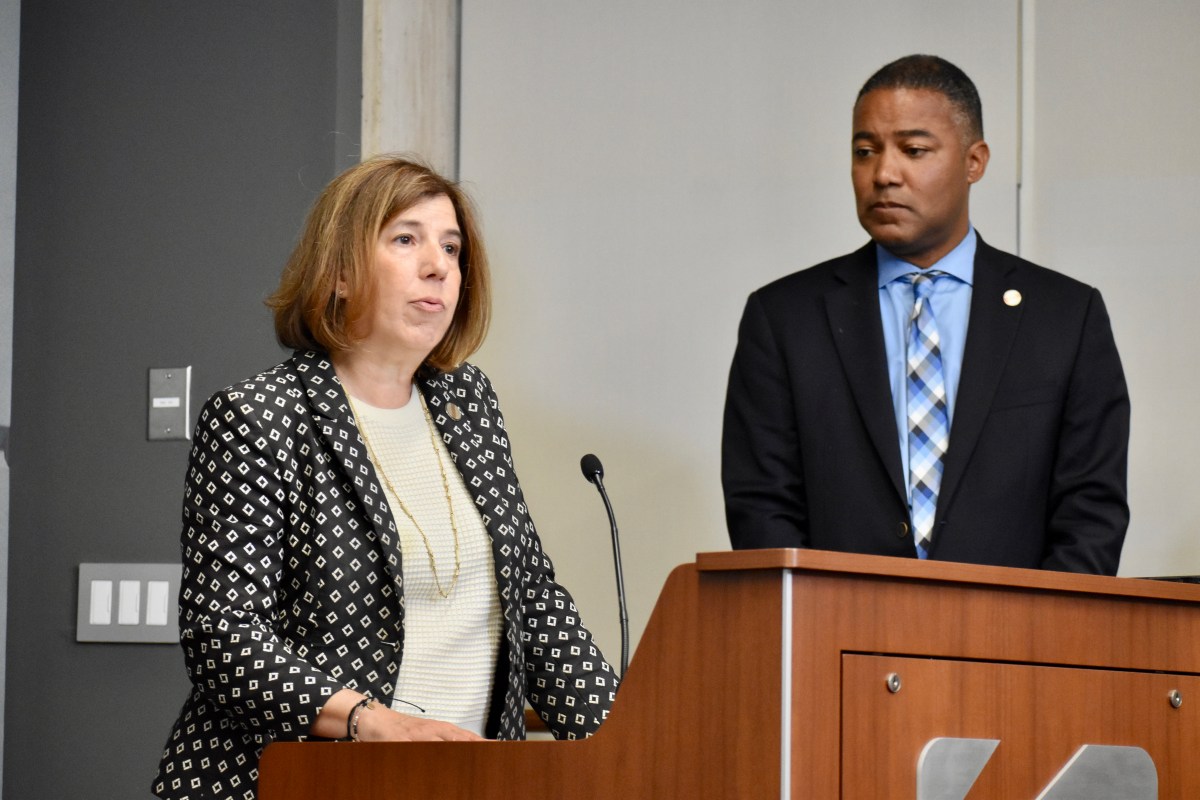MEXICO CITY (Reuters) – Mexico’s president responded defiantly on Wednesday to a major opposition alliance that aims to wrest control of the lower house of Congress in legislative elections next year.
Late on Tuesday, the center-right National Action Party (PAN), the centrist Institutional Revolutionary Party (PRI) and center-left Party of the Democratic Revolution (PRD) said they would form coalitions for 180 of 300 lower house seats up for grabs via majority vote in the June 6, 2021 elections.
The historic accord will allow the three to get behind whichever party’s congressional candidate has the best chance of defeating President Andres Manuel Lopez Obrador’s leftist National Regeneration Movement (MORENA) in those seats.
Ever since taking office two years ago following a landslide election win, Lopez Obrador has tried to lump the opposition together as part of what he casts as a corrupt ruling elite. He called the opposition pact a “moral victory” for him.
“It’s a source of pride, of great happiness, that they’re uniting against us,” he told a regular news conference.
While the pact plays to the narrative that his adversaries are cut from the same cloth, analysts say it would likely be easier for MORENA and its allies to defend their majority in the lower house if they kept the opposition fragmented.
Opinion polls show Lopez Obrador still enjoys robust support, and he is significantly more popular than MORENA, many of whose elected officials once belonged to the other parties.
A voter survey by polling firm Consulta Mitofsky this week showed that combined support for MORENA and its allies was fairly evenly matched with that for the main opposition parties.
In a joint statement announcing their alliance, the PAN, PRI and PRD did not mention Lopez Obrador, but gave notice of where they believed he could be vulnerable in 2021.
They criticized his administration’s management of the economy and the coronavirus pandemic, its relationship with companies, and pledged to promote renewable power sources, which have been sidelined by Lopez Obrador’s oil nationalism.
Control of the 500-member lower house is vital for passing the federal budget. The chamber also has 200 seats distributed among the parties via proportional representation.
Until the late 1980s, Lopez Obrador was a member of the PRI, which dominated Mexican politics for most of the 20th century. He then helped found the PRD, before breaking with the party after his unsuccessful 2012 tilt for the presidency.
(Reporting by Dave Graham; editing by Richard Pullin)
























